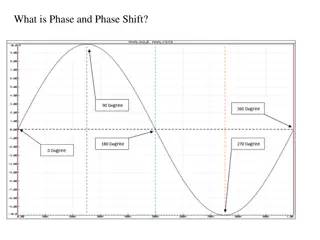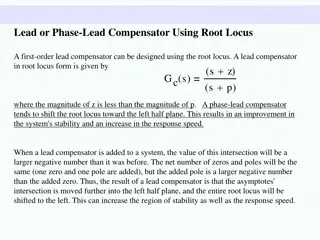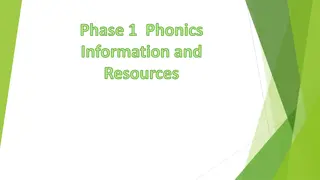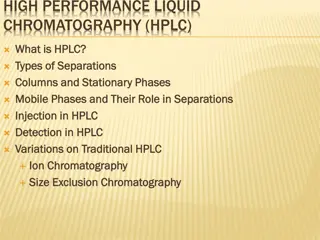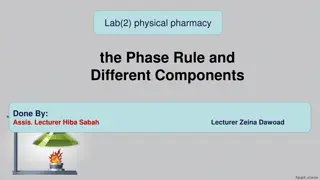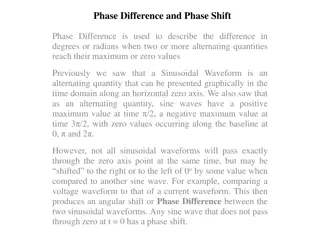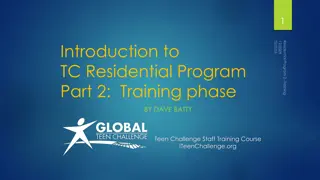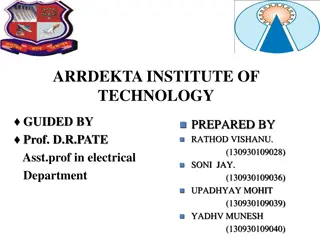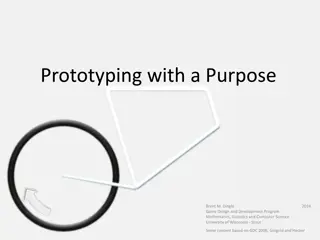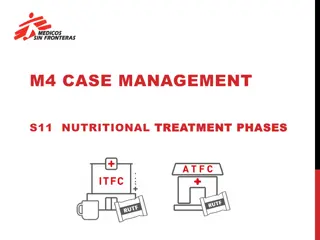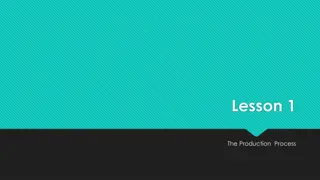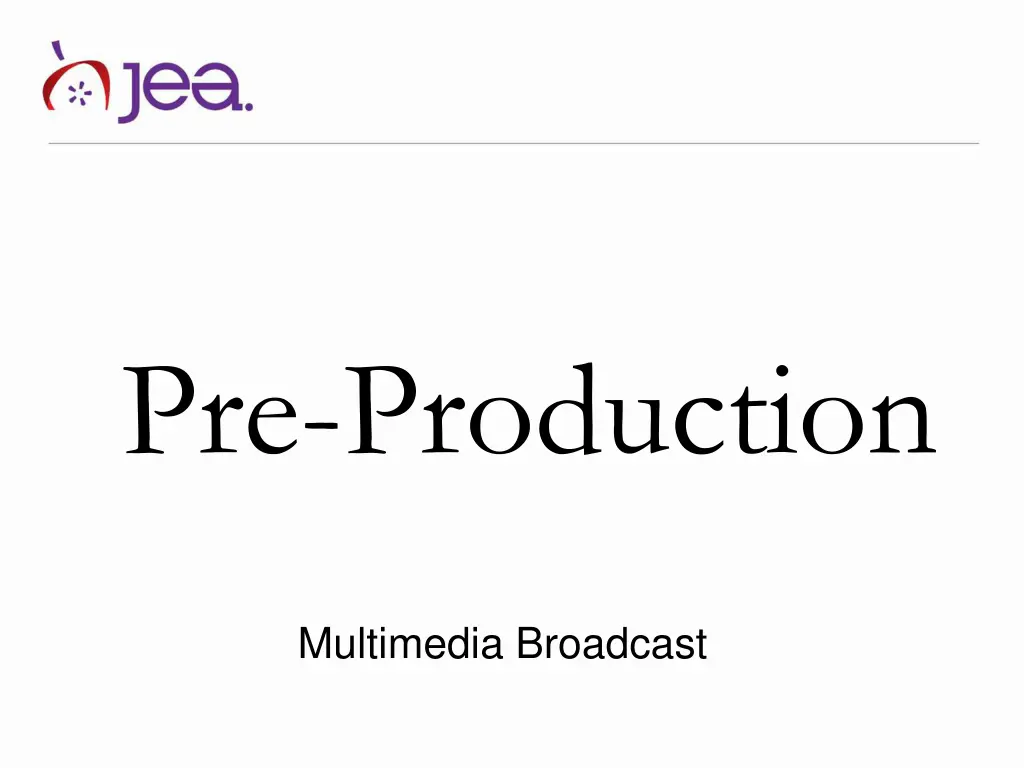
Unleash Your Storytelling Skills Through Multimedia Production
Dive into the world of multimedia production and storytelling as you learn how to craft compelling narratives for videos through engaging activities and exercises. Explore the importance of detail, interviewing techniques, and creating newsworthy content in this immersive pre-production journey.
Download Presentation

Please find below an Image/Link to download the presentation.
The content on the website is provided AS IS for your information and personal use only. It may not be sold, licensed, or shared on other websites without obtaining consent from the author. If you encounter any issues during the download, it is possible that the publisher has removed the file from their server.
You are allowed to download the files provided on this website for personal or commercial use, subject to the condition that they are used lawfully. All files are the property of their respective owners.
The content on the website is provided AS IS for your information and personal use only. It may not be sold, licensed, or shared on other websites without obtaining consent from the author.
E N D
Presentation Transcript
Pre-Production Multimedia Broadcast
*When you are tasked with creating a video for a website or a broadcast, why are you creating it? *Because it was fun? *Because your teacher said so? *Or, because there is a story to be told?
*Lets start with what you did last weekend. *Who has a story to tell? (volunteer)
* For those who did not volunteer to tell their story, what can you tell us about your classmate s weekend? * Did the story have a beginning? * Did the story have a middle? * Did the story have a end? * Who were the main people involved? * Where did the story take place? * When specifically did the story take place? *Was this story newsworthy to the class?
*Did you catch all of the important details? *If not, you need to learn to pay attention to the details now. *Whether with a pencil and paper, or through electronic means, keep notes! *What if you had to go back and create a story based off an informal interview with a subject who did not want to be on camera? *What was that they said again?
* In groups of 2-3, come up with another story about something one of your group members has done recently. * Chose one member of the group to present the story, be sure to get the important details: * How did this story begin? * Does the story have a middle or conflict? * How did the story end? * Who were the main people involved? * What made this story newsworthy or worth telling? * Where did the story take place? * When specifically did the story take place?
*When other groups are telling their story, each person should keep brief notes. *Don t try to write everything down, most interviewees will speak quickly and not want to repeat themselves. * Ex: This past Saturday, John and I went to the local coffee shop where we drank coffee and studied for our upcoming history quiz. * Notes: Sat., John, Amy, coffeehouse, studies history *Let s try that again
*Each group should present its story. *How different are the notes of your group members? From the class? *Put it into action
*The Purpose of the Project Why are we doing this?
*You have heard examples of simple or not so simple stories from your classmates. *Some of them might have been newsworthy for your school s broadcast. *Some of them might have been newsworthy for the local media. *Now you will be tasked with planning out a news story before it happens. *What makes your story newsworthy?
*In your small groups, create a list of five events that might be considered newsworthy coming up at your school. *When your group has their best five, write them on the board. *Best doesn t always mean the first five you think of.
*Examples could include: * Upcoming school deadlines * Upcoming after-school events * Upcoming sporting events * Many other things *Try to think of the harder to find stories
*Once all groups have listed their top five, lets discuss as a class to come up with the five most newsworthy stories that your broadcast should cover. *What would be most important to viewers?
*Lets look at your top news story. * What is the purpose of this story? * Who needs to know? * Why do they need to know? * Where is it taking place? * Who is the target audience of the finished piece? *Getting a plan together
*Many newsrooms ask their reporters to submit project proposals before committing many different staff members to work on a project. *Project proposals allow news directors to take a snapshot look at what your plan would be once you were on the scene. *Project proposals are also used in creative ventures inside the multimedia field. *The Project Proposal
* Use the information that you have (as of now) to submit a project proposal to the news director. * What is the title of your project? * What is the purpose of your project? * How long will your proposed story be? * Who will you need to interview for this story? * What is the essential information? (aside from information you may learn during interviews) * Where is the location of the story? * Do you need special permission to film in this place? * How long do you estimate you will need to film? * How long do you estimate you will need to edit the story? * When does the story need to air by to be relevant?
*Lets assume that your project proposal has been approved by your news director. *Your next step is to create an outline for your news story or interview. *Outlining a Story/ Interview
* Outlining a story * An outline should be a functional document that guides you through the production process. * What are the main points? * Where does this story start? * Who are the key players? * How will this story likely end? * What do we need to make sure we acquire footage of? * See video on next slide *Outlining a Story/ Interview
* Outlining an interview * An outline should be a functional document that guides you through the production process * Who do we need to interview? * What are the three questions we must have answered? * Are there any possible follow-up questions that you think you need to ask? * What do we need to make sure we acquire footage of? *Outlining a Story/ Interview
*Scheduling is as important of any step in the pre-production process. *Because your story will be done in school, it will be possible to schedule in person. *What scheduling concepts should be kept in mind in a school setting? *Final Preparations
*Scheduling concepts: * Teachers teach classes. * Administrators often have busy schedules. * Fellow students are in fact students, which means they are in school to attend class. * School staff members are not just sitting and waiting to be interviewed. *Final Preparations
*Scheduling tips: * Try to ask teachers their permission between classes. They may allow you to interview them during an actual class period. * If you want to interview a students, ask them first, then get a teacher s permission if they need to miss any period of class. * If an administrator has an assistant, ask if you can make an appointment. * Ask staff members to set up future interviews whenever possible. *Final Preparations

